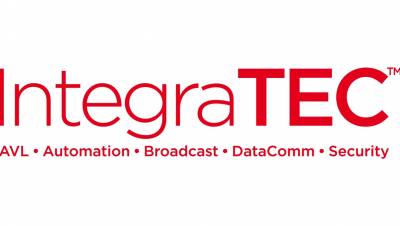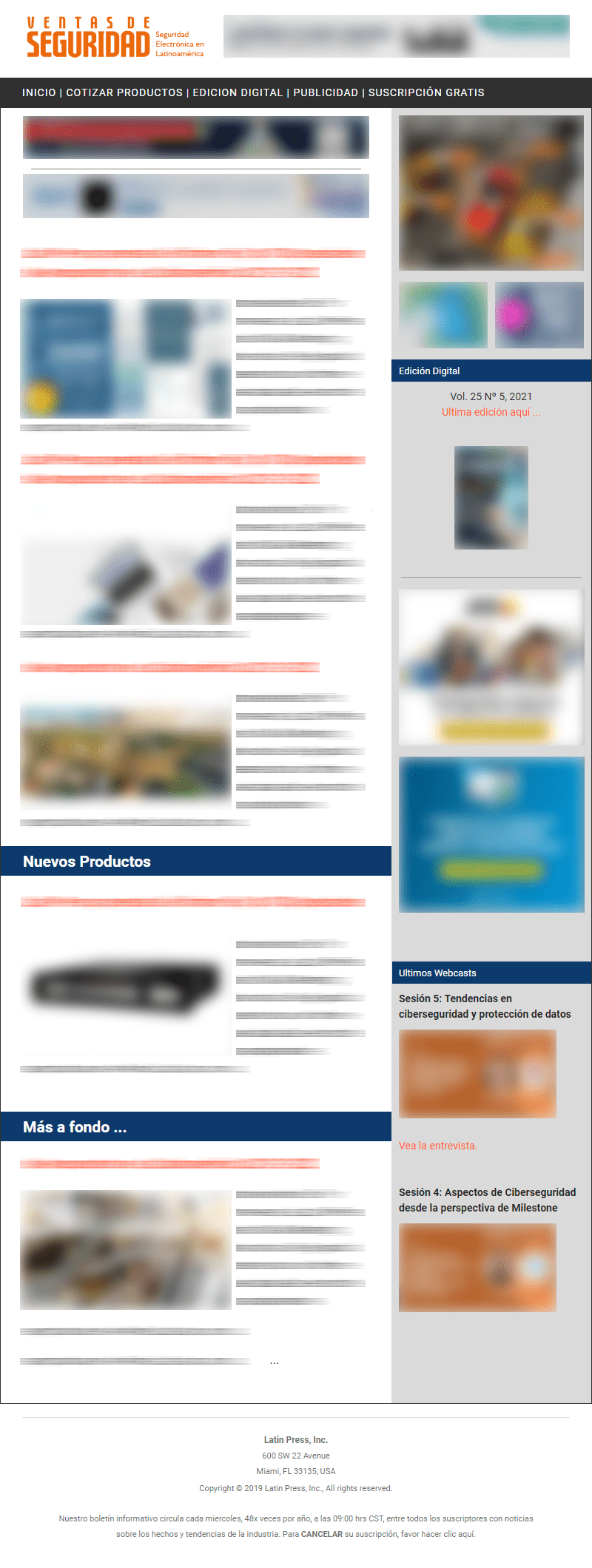By: Héctor R. Torres, PHD, CPP, CFE, CHS*
 A fraternal greeting from Puerto Rico to all colleagues and readers of this column! It is a pleasure to share again with you.
A fraternal greeting from Puerto Rico to all colleagues and readers of this column! It is a pleasure to share again with you.
I was recently talking to colleagues when the topic of the phenomenon of convergence in security and how it could affect the future of security integrators came up.
Needless to say, the discussion was passionate and profound, to the point that a colleague predicted their eventual disappearance. The subject remained unfinished but I was aroused by a great desire to investigate this matter in detail. I share with you some notes on the subject.
Convergence in security
At the beginning of this new century, the use of computer technology and the speed at which we can process information has revolutionized not only the way we do business but how we protect an organization's assets.
As part of the use of computer technology, the phenomenon of convergence in security management arises. Marshall Sanders, vice president of corporate security at Level3 Communications, a prestigious communications firm in the United States, gives us an excellent definition of what convergence in security is.
Sanders defines convergence as the integration of logical security, information security, physical security, personnel security, business continuity, disaster recovery, and occupational safety through an integrated strategy.
It should be emphasized that convergence is not the fusion of it security departments with corporate or physical security in an organizational diagram. The convergence approach is coordination and cooperation through informatics between the different disciplines of security, to achieve an integrated approach with the purpose of facing the risks of an organization in the twenty-first century.
The great advantage that emerges from this integrated strategy is that everything that concerns security in an organization or corporation is established under the command of a single person, the Corporate Security Officer or the Chief Security Officer (CSO).
But it is through this convergence that many think the future of security integrators is questionable as converging multiple security disciplines into a single function diminishes the need to use external integrators to develop the necessary architecture to support convergence.
According to detractors, security integrators are no longer needed because employees in the organization that provide IT services can perform the same tasks saving the costs associated with hiring them.
These detractors postulate that if the purpose of convergence is to unify the multiple disciplines of security, then all that is required is the knowledge and adaptation of computer technology to achieve convergence. Although it sounds logical to use internal resources to lower the costs of external or contracted services, this alternative requires serious reconsideration.
In Defense of Security Integrators
There are many reasons that support the use of external security integrators versus internal IT technicians. John Honovich, founder of the website IP Video Market Info (http://ipvideomarket.info) tells us some of the most important:
Detractors see convergence as a recent phenomenon. However, security integrators have been designing and implementing architectures to converge the different disciplines of security for more than ten years. Therefore, during the last ten years integrators have had to assimilate computer technology skills to develop better solutions for their customers.
The focus of IT technicians is on the application of technology to develop an integration solution while the integrator's approach is to implement a solution that provides security and protection to the assets of the organization. Although both use computing to find a solution, the integrator has more experience in finding the best way to protect and provide security.
Computer technicians cost an organization more than security integrators. Integrators have had to assimilate the skills of computer technology and can offer many of the skills needed to create solutions at a lower cost.
IT technicians focus on communication solutions and product compatibility, while integrators apply security solutions for asset protection. The vast majority of IT technicians are unaware of the basic principles of security while integrators can anticipate the security needs of their customers.
80% of the integration work consists of the design and implementation of a physical architecture that supports a security plan, and the remaining 20% consists of the application of computer technology. In this respect, the integrator has much more experience applying computer technology to security than the computer technician.
Based on the above, integrators have a marked advantage over COMPUTER technicians and a good future. However, they have to compete now more than ever for the number of integrators on the market. You have to compete using a differentiation strategy. There is no better way to compete than having a large list of satisfied customers with the ethical, integral, professional and cost-effective work of your integrator.
This is the best cover letter to prospective and future clients. I invite you to continue to share your ideas and concerns from the world and security management.
A hug and see you next time!
*If you wish you can write to the author of this article at the email: [email protected]
























Leave your comment